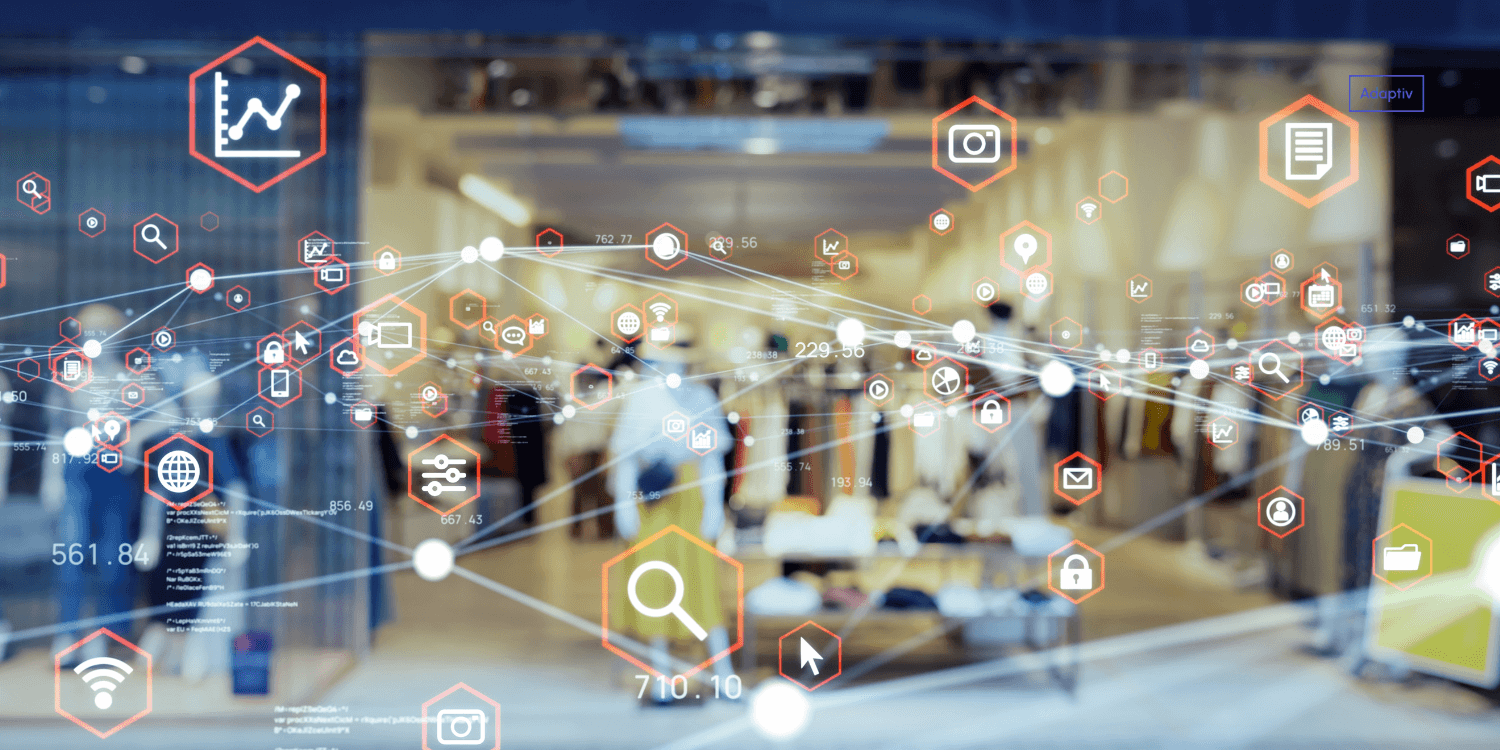Trends: Future Of Work in the Retail Industry

The retail industry is experiencing a seismic shift as new technologies reshape the way businesses operate and engage with customers. The integration of augmented reality/virtual reality (AR/VR), big data analytics, e-commerce, and artificial intelligence (AI) has the potential to revolutionize the future of work in the retail sector.
The Impact of New Technologies in the Retail Industry
🛍️ Augmented Reality and Virtual Reality:
AR/VR technologies are revolutionizing the way consumers interact with products and brands. According to a report by Digi-Capital, the AR/VR market is projected to reach $94 billion by 2023. AR/VR enables retailers to offer immersive experiences, allowing customers to visualize products before making a purchase. For instance, IKEA's AR app lets customers virtually place furniture in their homes to see how it fits. This technology enhances customer engagement and drives sales by offering a unique and personalized shopping experience.
🛍️ Big Data and Data Analysis:
The retail industry generates vast amounts of data through various channels, including sales transactions, customer interactions, and social media. Leveraging big data analytics enables retailers to gain valuable insights into consumer behavior, preferences, and market trends. By utilizing data analysis techniques, retailers can make informed decisions about product assortment, pricing strategies, and personalized marketing campaigns, leading to improved customer satisfaction and increased revenue.
🛍️ E-commerce:
The rise of e-commerce has transformed the retail landscape, with online sales projected to reach $8.1 trillion by 2026, according to Statista. E-commerce platforms provide retailers with the opportunity to reach a global customer base and offer convenience and flexibility to consumers. This shift over the last two decades has resulted in the emergence of new job roles in areas such as online merchandising, digital marketing, and customer experience management. E-commerce professionals play a crucial role in optimizing online sales channels, driving traffic, and enhancing the overall customer journey.
🛍️ Artificial Intelligence:
AI is driving automation and personalization in the retail industry. Chatbots and virtual assistants are already providing 24/7 customer support, while AI-powered recommendation systems are enabling retailers to offer personalized product suggestions. According to Gartner, by 2025, customer service organizations that embed AI in their multichannel customer engagement platforms will elevate operational efficiency by 25%. AI enables retailers to streamline operations, enhance customer experiences, and optimize inventory management. However, this also necessitates emerging job roles such as AI specialists, data scientists, and AI retail strategists, who possess the skills to develop, implement, and manage AI systems.
Emerging Jobs in the Retail Industry
🛍️ Data Scientist:
As retailers collect and analyze vast amounts of data, the demand for data scientists has skyrocketed. Data scientists are responsible for extracting valuable insights from data using statistical techniques and machine learning algorithms. They play a crucial role in identifying trends, predicting customer behavior, and optimizing pricing and inventory strategies.
🛍️ AR/VR Experience Designer:
With the growing adoption of AR/VR in the retail industry, the need for AR/VR experience designers has risen. These professionals combine creative design skills with technical expertise to develop immersive and engaging experiences for customers, whether through virtual showrooms, interactive product demos, or virtual try-on experiences.
🛍️ E-commerce Manager:
As e-commerce continues to thrive, the role of e-commerce managers becomes increasingly important. E-commerce managers oversee online sales channels, manage digital marketing campaigns, and ensure smooth online operations. They possess a deep understanding of e-commerce platforms, digital marketing strategies, and customer experience optimization.
🛍️ AI Retail Strategist:
The integration of AI technologies requires professionals who can develop strategic AI implementation plans for retailers. AI retail strategists assess the potential impact of AI in different retail functions, identify opportunities for AI adoption, and design strategies to maximize the benefits of AI technologies across the organization.
🛍️ Cybersecurity Specialist:
With the increasing reliance on digital technologies, ensuring the security of customer data and protecting against cyber threats has become paramount. Cybersecurity specialists play a crucial role in safeguarding customer information, developing security protocols, and implementing measures to prevent data breaches.
These are just a few examples of the emerging jobs that will play a crucial role in the future of work in the retail industry. As the retail industry adapts to these transformative changes, new job roles will continue to emerge to meet the demands of the evolving landscape.
Learn more about emerging technologies, and start your upskilling journey with a customised career path generated by Ada, our AI-powered mentor to prepare for the future in the retail industry. By embracing these technologies and investing in upskilling to prepare for these new roles, you can stay competitive and thrive in the dynamic and technology-driven retail landscape.

